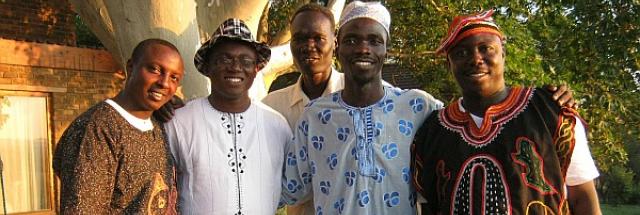A movement born of a chance comment: Workshop for Africa
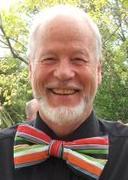 When US President Barack Obama was in South Africa recently he gave a much lauded address at one of the universities. It was inspirational stuff and set the right tone for a world leader visiting the continent of his birth at a time when Africa’s most outstanding statesmen was fighting for his life.
When US President Barack Obama was in South Africa recently he gave a much lauded address at one of the universities. It was inspirational stuff and set the right tone for a world leader visiting the continent of his birth at a time when Africa’s most outstanding statesmen was fighting for his life.
Nelson Mandela is approaching the end of his journey at 95 years of age (on July 18) and critically ill with a lung infection. Obama is at the pinnacle of his journey, despite his mounting challenges. Both leaders hold a special place on the world stage, albeit for different reasons.
What was relevant in Obama’s address at the University of Johannesburg was his warning to Africa to get its act together. ‘In too many countries (in Africa) the actions of thugs and warlords and human traffickers hold back the promise of Africa,’ he said. ‘The US and other countries can help, but putting an end to these abuses is a job for Africans.’
He went on: ‘History shows that progress is only possible when governments exist to serve their people, not the other way round.’
He was echoing the thoughts of another great African statesman who inspired the new Initiatives of Change programme, Workshop for Africa. Chief Emeka Anyaoku, former Secretary General of the Commonwealth, made his comment during a discussion with members of the Harambee Leadership Training Programme in Lagos, Nigeria, during November 2011.
Chief, what do you think is Africa’s greatest priority, one of the Harambeeans asked him. His response was immediate and to the point. Good governance, he said. Then he added, ‘By that I mean ethical leadership and equality before the law.’
This gelled with a comment made many years before by another prominent African, Professor George Ayitteh of Ghana. The ordinary people of Africa will never be free until they have control over their own destiny, he said. In other words, when Africa has governments that serve their people. Not the other way round.
These two comments came together in a single thought: if good governance and all that goes with it is Africa’s greatest priority, surely IofC should be there?
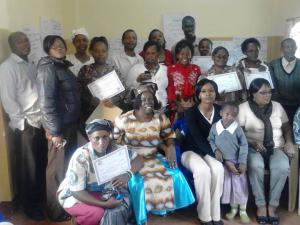 Workshop for Africa (WfA) was born as a Pan-African movement based on personal change and a commitment to work for ethical leadership and accountable citizenship in the institutions of Africa. The plan was threefold:
Workshop for Africa (WfA) was born as a Pan-African movement based on personal change and a commitment to work for ethical leadership and accountable citizenship in the institutions of Africa. The plan was threefold:
- train up a mobile task force from across Africa, prepared to spend at least a year building this culture in the continent
- put together a three-years Programme Development Plan that would be fundable by international donor agencies so as to make it sustainable
- roll out this programme with the cooperation and involvement of IofC bodies in Africa through ongoing training of teams that would carry this message forward.
During the Global Assembly in Caux last August, the South Sudan Initiative for Reconciliation and Just Governance and the WfA were selected as one of the Common Action Programmes for the year.
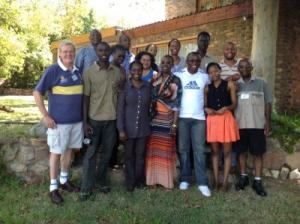 Funds were raised through IofC bodies and trusts and the first part of the plan has been completed. Eleven people of all ages from seven African countries were trained over six weeks in January and February in South Africa by an international faculty. Eight of them went on to South Sudan where they assisted with the training of 200 Peace Mobilisers.
Funds were raised through IofC bodies and trusts and the first part of the plan has been completed. Eleven people of all ages from seven African countries were trained over six weeks in January and February in South Africa by an international faculty. Eight of them went on to South Sudan where they assisted with the training of 200 Peace Mobilisers.
After a further six weeks in South Africa during May and June, six of the group went on to East Africa at the beginning of July for a two to three-month programme with IofC Kenya. Two others stayed on for a possible programme in South Africa.
In Kenya the group will be focussing on three areas:
- tertiary students
- County Administrators (these are the service-delivers at local government level and the link between the citizens and the politicians)
- Selected community groups.
One outcome the group is seeking during the time in Kenya is to build a circle or forum of 50 committed people who will become the foundation of a community of best ethical leadership and accountable citizenship practice.
Excerpts of WfA’s report from the first 10 days in Kenya
‘Our host, John Njoroge had put together the first group of 5 men and 15 women who received their Certificates of Attendance on July 10 after a two-day dialogue in Subukia on Nation Building. The diverse group comprised of a former Chief and Administrator, farmers, business persons, civil servants and housewives. Some heartfelt testimonies came out of this dialogue. One participant who has been vying for political office made a commitment to stop sabotaging local community projects and will from today mobilise community members for progress rather than destruction as has been the case in the past.
---------------------
When we arrived at Hope Camp in Ndaragua the WfA team met with about 200 internally displaced persons (IDPs) who have been resettled into this camp since 2011 after being originally displaced in the 2007 post-election violence. As part of the WfA’s contribution to Needs-based Development, the team was able to give a demonstration about the circle agriculture/plastic bottle farming technique which has an 80% efficiency rate in water usage by plants. WfA learned this technique in South Africa.
There is also a latrine block under construction in the Ndaragua camp, with bricks made of waste plastic bottles stuffed with soil and plastic rubbish, a project conceptualised and managed by WfA member, Sam Muiruri of Nakuru. This is turning a plastic disposal problem into a solution.
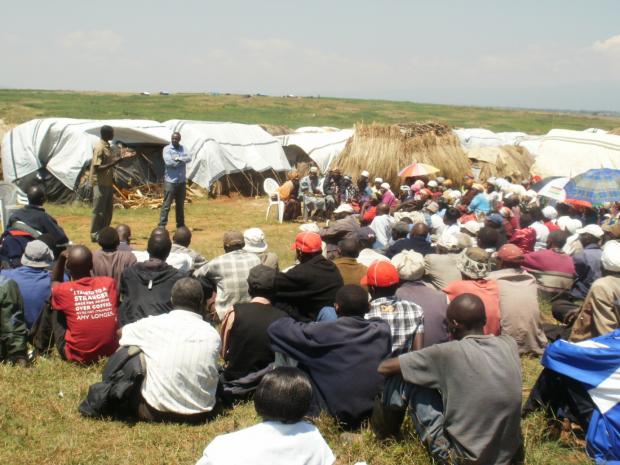
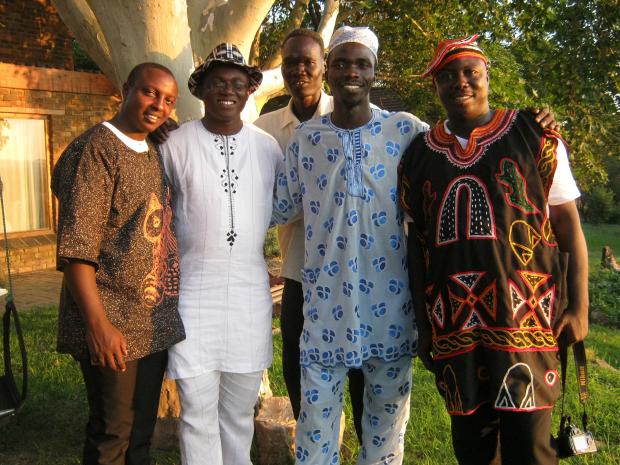
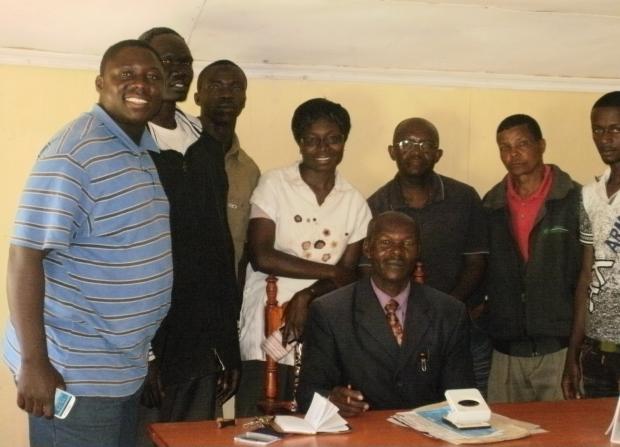
Workshop for Africa
Our Charter
We believe in the power of changed lives to change our continent so the ordinary people will live better.
Through the application of absolute honesty, unselfishness, love and purity
in our own lives we will make our contribution to ethical leadership, accountable citizenship and needs-based development in Africa.
We believe our change starts from the inspiration received in silence
and the guidance we get from God.
With these tools of change, changed people of Africa will bring about changed communities and changed nations.

